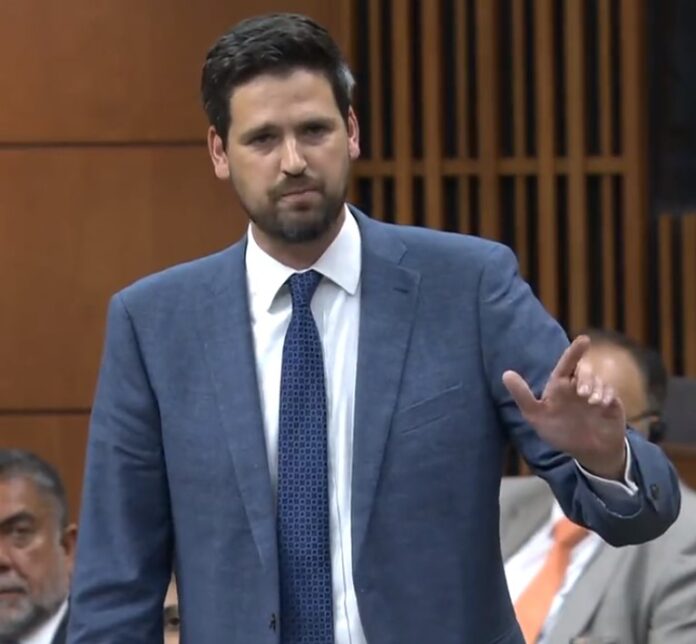SEAN Fraser, federal Minister of Immigration, Refugees and Citizenship, on Wednesday announced the first-ever launch of category-based selection for Canada’s flagship economic immigration management system, Express Entry.
Category-based selection will allow Canada to issue invitations to apply to prospective permanent residents with specific skills, training or language ability. Further details on the timing of invitations for individual categories and how to apply will be announced in the coming weeks.
This year, category-based selection invitations will focus on candidates who have
- a strong French language proficiency or
- work experience in the following fields:
o healthcare
o science, technology, engineering, and mathematics (STEM) professions
o trades, such as carpenters, plumbers and contractors
o transport
o agriculture and agri-food
Fraser said: “Everywhere I go, I’ve heard loud and clear from employers across the country who are experiencing chronic labour shortages. These changes to the Express Entry system will ensure that they have the skilled workers they need to grow and succeed. We can also grow our economy and help businesses with labour shortages while also increasing the number of French-proficient candidates to help ensure the vitality of French-speaking communities. Put simply, Canada’s immigration system has never been more responsive to the country’s social or economic needs.”
Quick Facts:
- Express Entry is Canada’s flagship application management system for those seeking to immigrate permanently through the Federal Skilled Worker Program, the Federal Skilled Trades Program, the Canadian Experience Class and a portion of the Provincial Nominee Program.
- In June 2022, the Government of Canada made changes to the Immigration and Refugee Protection Act to allow for the selection of immigrants based on key attributes that support economic priorities, such as specific work experience or knowledge of French.
- Legislative requirements to use these new authorities include that the minister engage in public consultations, prior to establishing a new category, with provinces and territories, members of industry, unions, employers, workers, worker advocacy groups, settlement provider organizations, and immigration researchers and practitioners. Each year, IRCC must also report to Parliament on the categories that were chosen during the previous year and the selection process, including the rationale for choosing them.
- The categories have been determined following extensive consultations with provincial and territorial partners, stakeholders and the public, as well as a review of labour market needs. A complete list of eligible jobs for the new categories is available on the ministry’s website.
- The first category-based invitations to apply are expected to be sent this summer.
- Immigration accounts for almost 100% of Canada’s labour force growth, helping to addresses labour shortages in key sectors.
- According to Employment and Social Development Canada, the number of occupations facing shortages doubled between 2019 and 2021.
- Under the Quebec-Canada Accord, Quebec establishes its own immigration levels. From 2018 to 2022, admissions under the Federal High-Skilled program accounted for between 34% and 40% of overall French-speaking admissions outside Quebec.
Associated links











